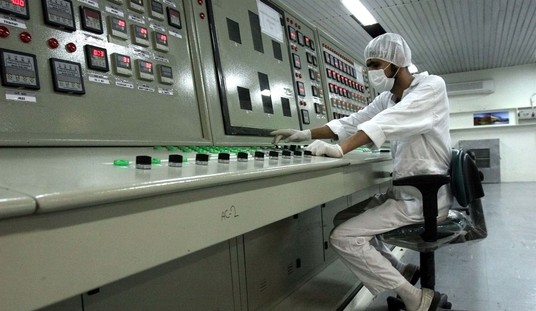WASHINGTON -- The new conservative majority in the House and at least six more Republicans in the Senate gives the GOP de facto control of Congress and its agenda for the next two years.
Nothing can be enacted without the approval of the GOP House, and the enlarged Republican caucus in the Senate has significantly strengthened Minority Leader Mitch McConnell's hand against a smaller, weaker and more fractured Democrat majority.
With fewer (52 or 53) Democrats on his side of the aisle, Majority Leader Harry Reid faces a lot of narrow votes and, more than likely, losing ones. President Obama's stalled tax-and-trade energy bill never went anywhere in the Senate because a bunch of Democrats from fossil-fuel-manufacturing states and the Republicans teamed up to block it. Now the votes are there to kill it.
The Obama administration's big-spending agenda is going to get the cold shoulder, too, when the president sends his budget plan up to Capitol Hill next year. If the voters spoke loud and clear on any issue, it was their belief that government has grown too big and spends too much.
After racking up nearly $3 trillion in deficits in just his first two years in office, with another $1 trillion-plus deficit in store for next year and the year after that, Republicans have made it clear that the days of Obama's spending sprees have come to an end.
A chilling new budget analysis released last week by the Heritage Foundation reveals the extent of the fiscal crisis that looms over us in the coming decade. "Soaring spending drives these dangerous deficits," says the think tank's chief budget analyst Brian Riedl. "By 2020, federal spending is set to soar to 26 percent of the gross domestic product (GDP), after having averaged 20 percent after World War II."
Recommended
"If Congress does nothing and simply continues existing taxing and spending policies, annual federal deficits will grow, reaching a projected $2 trillion deficit in just 10 years -- and even that assumes a return to peace and prosperity," Riedl says.
This is why a number of politically vulnerable Democrats, who will face the voters in 2012, will be lining up with Republican colleagues to vote for smaller budgets, too.
With Republicans gaining more than 60 seats in the House, their largest majority since the Truman years, they are going to be able to drive the budget process in Congress, and Harry Reid won't be able to block them in the Senate. Under the budget's reconciliation rules, there is no filibuster requiring 60 votes to take up the measure that needs only a simple majority to pass it.
But the immediate battle that looms over the remaining weeks of this lame-duck Congress will be the 2001 and 2003 Bush tax cuts that are due to expire on Jan. 1 unless they are extended.
Obama and Democratic leaders want to keep cuts for the middle class, but let them expire for anyone making more than $250,000 a year. The Republicans want the cuts permanently extended. Here, too, the results of the midterm elections will influence the outcome.
In his news conference Wednesday, Obama said he is willing to seek compromise, but did not say where. Raising taxes on the "rich" has been a staple of his failed economic agenda, and he is not likely to change course easily.
But the large Republican gains in the elections, which were seen as a repudiation of his policies, have weakened his presidency and essentially ended his legislative agenda for the next two years. He no longer has the clout he once had on Capitol Hill.
Meantime, the political atmosphere has dramatically changed in Congress. Nancy Pelosi has lost the support of 30- some Democrats, and possibly many more, who say that this is no time to be raising taxes when economic growth is a feeble 2 percent and unemployment is stuck at nearly 10 percent for the foreseeable future.
Perhaps as many as half a dozen Democrats in the Senate are similarly opposed to raising the top income tax rates, including Ben Nelson of Nebraska, Evan Bayh of Indiana and Kent Conrad of North Dakota.
Other returning lawmakers, and those who face even tougher re-election prospects in the next election cycle, have heard the voters and read the gloomy economic data. The Democrats' image is bad enough. Do they want to make it worse by voting to raise income taxes on family-owned small businesses and on capital gains and dividends for retirees and investors in a down economy?
That's what Obama, Pelosi and Reid -- and the hardcore liberal base of their party -- want them to do, even in the aftermath of their devastating defeat in this week's elections.
In the end, a last-minute compromise, perhaps extending the tax cuts for one to two years, is always possible. Obama is thinking about 2012, as is his party, when many more Senate Democrats will be up for re-election than Republicans.
They know that raising taxes in a recession will hand Republicans a deadly issue in the next election that will make Tuesday's results look mild in comparison.

























Join the conversation as a VIP Member